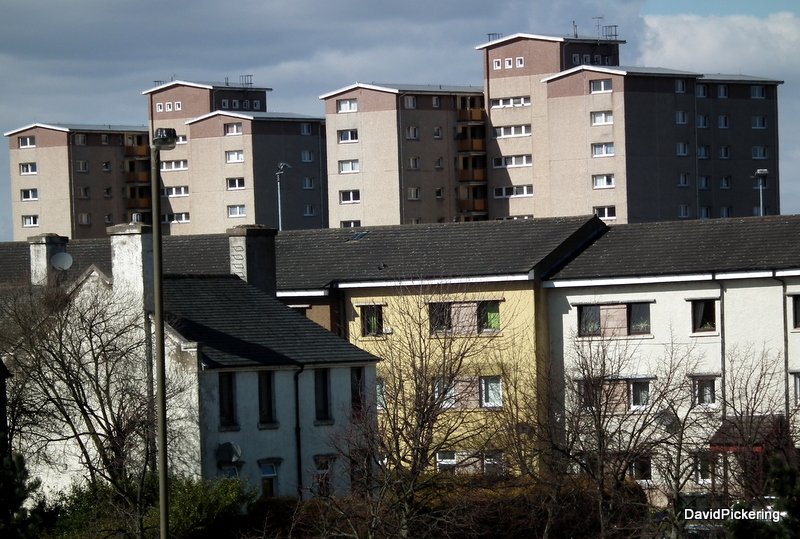
Edinburgh’s Council Leader is to write to the UK Government calling for the number of refugees to be welcomed to the UK to be increased from the 20,000 already committed over five years.
Councillor Adam McVey will take this action after a Coalition motion was unanimously approved at Full Council today.
Cllr McVey said: “The deteriorating situation in Afghanistan is heartbreaking to witness and as a city, we want to do everything we can to help people fleeing for their lives as the crisis deepens.
“That’s why I’ll be writing to the UK Government calling on them to increase the number of Afghans who will be welcomed to the country in the coming years.
“We’re working very closely with partner agencies and the Home Office already and will soon give shelter to around 250 Afghan refugees in the Capital, as well as around 50 people to settle as permanent citizens.
“We’re proud to have them join us and will welcome them with open arms, as we will when more of their countrymen and women arrive in the Capital in the months to come.”


Depute Council Leader Cammy Day said: “It’s humbling to see the outpouring of compassion and generosity shown by so many residents in the city who are coming forward with offers of accommodation and direct support for Afghan refugees. We are an outward-facing, globally responsible Capital and will play our full part in helping people in such desperate need.
“We now call on the UK Government to increase the total number of Afghan refugees that can be welcomed to Britain over the coming years and for local authorities to be provided with appropriate funding to support their needs.

The full text of the agreed motion reads:
“Notes that unfolding events in Afghanistan since the US, UK and other nations’ substantive withdrawal have been shocking to witness and that the whole of the UK bears a moral responsibility for dealing with the consequences. Notes efforts of residual personnel still in Kabul to support evacuation of some of those at risk.
“Supports the people of Afghanistan in enjoying the liberties previously protected by allied forces and the right to independence of thought, to vote and for women and girls to be educated and play a full part in the work and life of their country- as well as the right to life for at risk groups, such as LGBT Afghans.
“Acknowledges that many UK veterans who served in Afghanistan will find the deteriorating security situation extremely difficult and lead them to question the sacrifices they and their colleagues have made and requests the Lord Provost, as Veterans’ Champion, continues to engage with local armed forces.
“Agrees that Edinburgh must embrace its responsibility to welcome those fleeing persecution and empower these people to reach their full potential when they arrive. This includes providing good quality immediate temporary accommodation and welcoming Afghan refugees for permanent resettlement in the Capital.
“Agrees to explore all avenues to secure appropriate accommodation, without putting pressure on existing demand for social homes, such as exploring using short term let properties, to maximise local provision.
“Notes ongoing discussions between the Council and the UK Government on arrangements to host a number of Afghan refugees who were locally employed staff as well as ongoing discussions on welcoming further Afghan refugees.
“Further notes these discussions will include other third/voluntary sector and Trade Unions to support and welcome refugees along with the continuing dialogue with the Scottish Government of levels of support they can also contribute. Agrees this includes full access to local services and should also include access to support finding employment, without restrictions on ability to work.
“Agrees the Council Leader writes to the UK Government to add Edinburgh’s voice to calls to increase the number of Afghan refugees, who are not formerly locally employed staff, beyond the 20,000 already committed over 5 years.
“Notes the funding arrangements for the formally locally employed staff and agrees the Council leader and officers continue dialogue with UK Minsters and officials to ensure support is fully funded by the UK Government and delegates to the Chief Executive, in consultation with the Leader and Deputy Leader, to approve any such other costs arising not covered by UK Government funding, or existing budgets, up to £500,000 from the unallocated general reserve.
“Notes current arrangements of UK Government funding for formally employed staff is able to cover private rented property rates and agrees the Council leader and officers communicate directly the need for the same level of support for all refugees being welcomed and resettled in the City.
“Notes the very generous offers of direct support from the people of Edinburgh and agrees that Edinburgh should play its part in welcoming of Afghan refugees: both in terms of the need to find immediate temporary accommodation and welcoming Afghan refugees for permanent resettlement in the Capital.“


